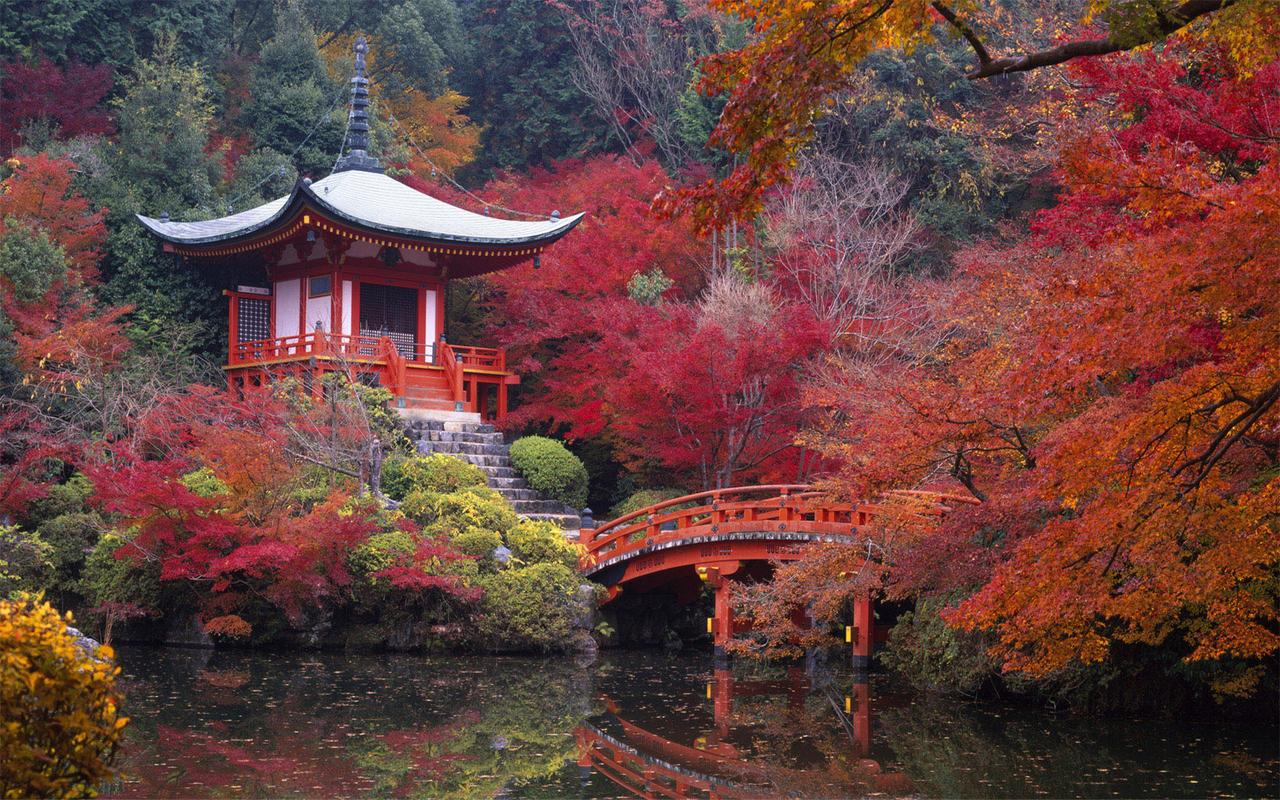Korean culture is so unique, so immersive and so refreshing, that it’s definitely worth experiencing. Culture is shaped by a combination of historical events, political situations, economic forces, and social trends. Korea has a rich, diverse, and fascinating cultural heritage that has been preserved, and enhanced over centuries. Let’s explore some of the most unique aspects of Korean culture that you need to experience:
1. FOOD: Korean cuisine is an integral aspect of the culture, one that tantalizes the taste buds, and experiments with unusual flavors and textures. From kimchi to bibimbap, bulgogi to japchae, Korean food is all about balance, harmony, and contrast. The Korean diet is based on rice, vegetables, and meat, with a range of side dishes that complement and enhance the main dish. Korean street food is also quite popular, with vendors selling everything from hotteok (a type of pancake) to tteokbokki (spicy rice cakes).
2. EDUCATION: The education system in Korea is rigorous, demanding, and highly competitive. Education is valued above all else, and parents are encouraged to push their children to achieve excellence in their academics. Korean students spend long hours in school, and also attend private academies (known as hagwons) to improve their skills and knowledge in various subjects. As a result, Korean students consistently rank among the top performers in international tests and competitions.
3. BEAUTY: Korean beauty culture has been gaining popularity worldwide, with the Korean beauty industry valued at billions of dollars. Korean beauty products are known for their innovative ingredients, such as snail mucus, bee venom, and ginseng. Korean skincare routines involve multiple steps, such as cleansing, toning, moisturizing, exfoliating, and applying sheet masks. Korean makeup focuses on achieving a natural, radiant, and youthful look, with emphasis on enhancing the eyes and lips.
4. HISTORY: Korean history is a blend of myth, legend, and fact, with influences from China, Japan, and other neighboring countries. Korea has a rich cultural heritage that has been woven into its architecture, literature, music, and art. The Korean War and division of the country have significantly impacted the culture, creating a unique sense of national identity. Visiting historical sites such as Gyeongbokgung Palace, the DMZ, and Jeju Island will give you a glimpse into the importance of history in Korean culture.
5. SOJU: Soju is a clear, distilled liquor that is the most popular alcoholic beverage in Korea. It is typically made from rice, wheat, or barley, and has an alcohol content of 16-45%. Soju is usually served in small glasses, and is often accompanied by food and conversation. Drinking soju is an essential part of Korean socializing, and is seen as a way to bond and build relationships.
In conclusion, Korean culture is a fascinating, multi-faceted, and deeply rooted cultural heritage that has something to offer everyone. From food to education, beauty to history, and soju to socializing, Korean culture is a unique experience that will enrich your life in countless ways. Don’t miss out on exploring this incredible culture!
(Note: Do you have knowledge or insights to share? Unlock new opportunities and expand your reach by joining our authors team. Click Registration to join us and share your expertise with our readers.)
Speech tips:
Please note that any statements involving politics will not be approved.
